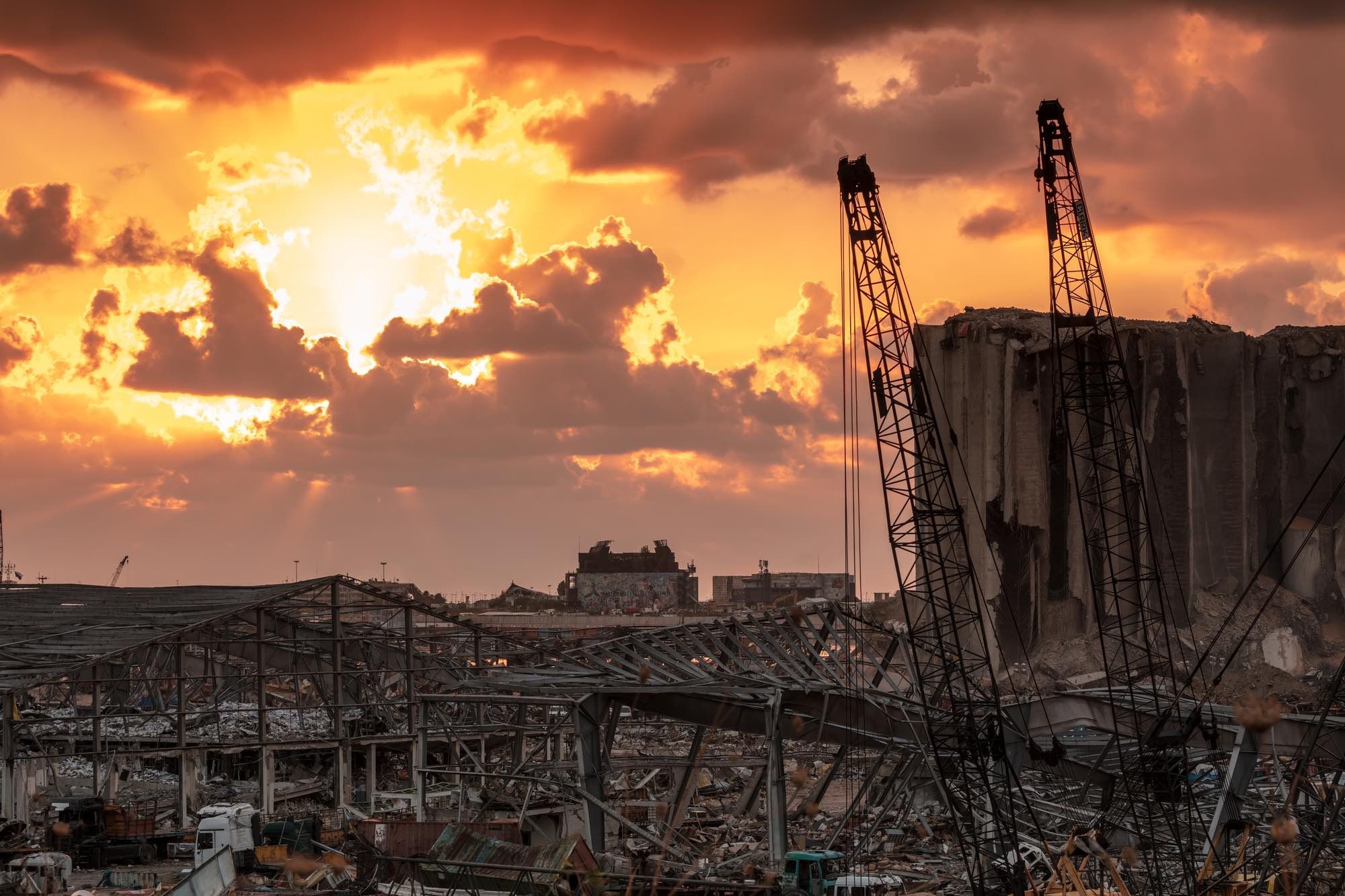Top Class Actions’s website and social media posts use affiliate links. If you make a purchase using such links, we may receive a commission, but it will not result in any additional charges to you. Please review our Affiliate Link Disclosure for more information.
Several families of Canadian victims of the devastating Beirut explosions on Aug. 4 want to prosecute Lebanese officials before a Canadian court.
However, their feat is far from easy. In order to successfully prosecute those presumably responsible for the Beirut explosions, they must first overcome the legal barrier imposed by the Canadian State Immunity Act. The Act prevents any Canadian citizen from suing a foreign country on Canadian soil for a crime committed outside of Canada’s borders.
Lawyers Join Forces to Obtain Justice For Beirut Explosion Victims
Michel El-Meouchy, a Canadian-Lebanese lawyer who was personally affected by the Beirut explosions, is one of the initiators of this potential lawsuit.
Radio-Canada reports that, along with four other lawyers from around the world, he is seeking to try those responsible for the Beirut explosions that left more than 200 people dead, 6,000 injured and 300,000 homeless before foreign courts, notably in France, Switzerland and Canada.
The lawyer says that the French and Swiss prosecution attempts appear more optimistic than Canada’s, in particular due to Canada’s State Immunity Act, which he considers “absurd” and a serious impediment.
According to Canada’s State Immunity Act “a foreign state is immune from the jurisdiction of any court in Canada.”
The frustration as to Canada’s legal obstacles to prosecuting the alleged Beirut explosion perpetrators is also shared by Paul Naggear, the father of Alexandra, a 3-year-old Lebanese-Canadian girl killed in the Beirut explosions. She is one of the youngest victims of the tragedy.
Canada’s State Immunity Act: An Impediment to Justice?
It was on the basis of the State Immunity Act that, in October 2014, the Supreme Court of Canada rejected the request of journalist Zahra Kazemi’s son the right to 
The law prevents Canadians from prosecuting state officials, unless they acted in a personal capacity or in a capacity unrelated to their role as state officials.
Nevertheless, there are exceptions to this stringent law. A state may be tried in Canada if it violates a trade agreement with a Canadian or if it is accused of having links to terrorism.
The latter could be used in the event of a possible prosecution related to the Beirut explosions, if the prosecution were to target Hezbollah, which is classified as a terrorist entity. Hezbollah is suspected of being behind the shipment of more than 2,700 tonnes of ammonium nitrate that caused the tragedy.
According to an investigation by the German magazine Der Spiegel, the owner of the ship carrying the ammonium nitrate cargo is a Cypriot businessman with links to Hezbollah.
According to Michel El-Meouchy, the decision to prosecute Hezbollah would have serious consequences for the families of the victims, referring to the risks of violence and threats.
“On the one hand, it is dangerous, and on the other hand, Hezbollah is not the only one responsible for the explosions […] So for many victims, it would be incomplete justice. However, some will want to proceed if this is the only possible lead.”
Paul Naggear, the father of Alexandra, one the youngest Beirut explosion victims, is of the same opinion. He says his family would not want to take “more risks … because we know that we are dealing with criminals”.
He also calls on Ottawa to “demand” an independent investigation in Lebanon and to participate actively in the investigation. “There are already FBI and French investigators on the ground, why is Canada absent,” he asked.
Beirut Explosions: Amnesty International Demands Legal Changes
Amnesty International, which intervened in the Kazemi case, continues to challenge the Canadian State Immunity Act.
“A Canadian cannot prosecute a state for torture, but he can for trade issues, which makes [this law] even more atrocious,” said France-Isabelle Langlois, Executive Director of Amnesty International Canada’s Francophone branch.
The Canadian Centre for International Justice (CCIJ) highlighted in 2015 that immunity has been eliminated, “in Canada and internationally, in most criminal cases concerning torture, genocide, crimes against humanity and war crimes.”
Canada has already criminalized these four human rights violations in the Criminal Code and in the Crimes Against Humanity and War Crimes Act, notes the organization. “Most countries in the world do not have legislation providing immunity to foreign governments.”
Indeed, Many countries allow victims to file civil claims as well as criminal prosecutions of individual torturers and war criminals, such as the U.S., where dozens of lawsuits against officials for torture and other atrocities have been heard before the courts.
Do you think Canadians should be allowed to prosecute Lebanese officials for the Beirut explosions? Tell us what you think in the comments below!
Read More Class Action Lawsuit & Settlement News:
Top COVID-19 Mental Health Risks | Dr. Gilles Chamberland Answers Your Questions
Long-Term Disability Lawyer | Insurance Claim Denial Help
Halifax Catholic Priest Sex Abuse Class Action Lawsuit Moves Forward
Canada Roundup Glyphosate Cancer Class Action Lawsuit Investigation
ATTORNEY ADVERTISING
Top Class Actions is a Proud Member of the American Bar Association
LEGAL INFORMATION IS NOT LEGAL ADVICE
Top Class Actions Legal Statement
©2008 – 2024 Top Class Actions® LLC
Various Trademarks held by their respective owners
This website is not intended for viewing or usage by European Union citizens.

















